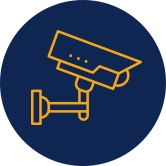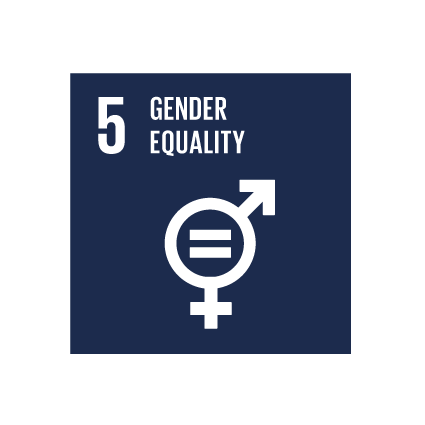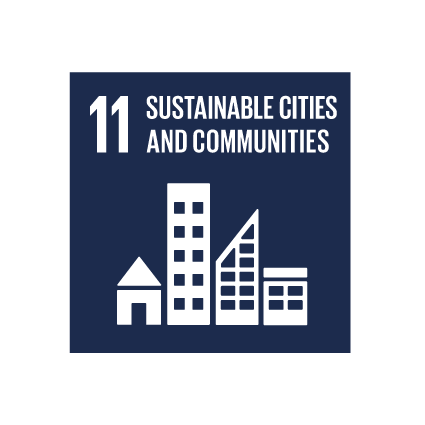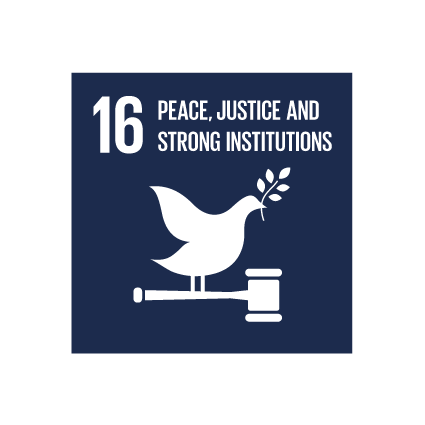DCAF maintains that a democratically run, accountable and efficient security sector is fundamental to people’s livelihoods, to reducing poverty and the risk of conflict, and to creating an enabling environment for sustainable development.
We have identified three main avenues of work through which we can contribute to improved human and national security within a framework of democratic governance, the rule of law and respect for human rights:
SUPPORTING NATIONAL PARTNERS
Many states seek support from DCAF to design and implement inclusive and participatory reforms aimed at enhancing the effectiveness and accountability of security provision. Our work with national partners succeeds because it is informed by respect for national ownership, in-depth knowledge of local contexts and comparative experiences from different geographical regions.
DCAF supports national partners through:
- Providing policy and legal advice, as well as comparative experience to support national actors on how to enhance the governance of the security sector.
- Supporting institutional reforms to strengthen integrity, transparency, accountability and respect for human rights within the security and justice sectors.
- Supporting the development of effective parliamentary oversight of the security sector.
- Supporting the development of inclusive national security policies and strategies.
- Establishing communication systems and practices to engage and build trust between the state and its people.
- Building the capacity of civil society through providing access to independent expertise and information on security sector governance and reform.
- Supporting the private sector’s efforts to operate in line with the principles of security sector governance.
Thematic expertise
Across all the areas below, DCAF brings extensive experience in strategic planning, programme management and understanding of the political context of SSR processes.

Parliamentary Oversight

Gender and Security

Police and law Enforcement reform

Border management

Defence Reform and Defence Integrity Building

Independent Oversight Institutions

CivIl Society and Media Oversight of Security Sector

Justice Sector Reform

Intelligence Governance

Private Security Governance
SUSTAINABLE DEVELOPMENT GOALS
The 2030 Agenda for Sustainable Development constitutes one of the main conceptual frameworks for DCAF’s work in the coming decade. Thus, DCAF has focused on supporting several dimensions of the SDG framework, particularly SDGs 5, 11 and 16

Goal 5 seeks to achieve gender equality, and the empowerment of all women and girls. While good governance of the security sector is especially relevant to ending violence against women, the security sector will also be essential to progress in other aspects of gender equality identified under Goal 5, including ending discrimination, providing equal access to property rights, equal participation and opportunities for leadership in all areas of public and political life (including for security affairs), and enforcing law that promotes gender equality and the empowerment of women and girls.

Goal 11 emphasizes the state’s responsibility to provide safety in urban spaces and specifically singles out the right of all individuals to experience safety in housing, transport, and public spaces, without prejudice to gender, age or ability. A well-functioning security sector that is effective and accountable within a framework of good governance, rule of law and respect for human rights is essential to achieve this goal.

Goal 16 addresses well-known drivers of conflict, injustice and insecurity by committing states to “promote peaceful and inclusive societies, to provide access to justice for all, and to build effective, accountable and inclusive institutions at all levels”. A dysfunctional security sector is often a direct cause or a contributing factor to conflict, injustice and insecurity, and solving these problems therefore requires making the security sector effective and accountable within a framework of good governance, rule of law and respect for human rights.
